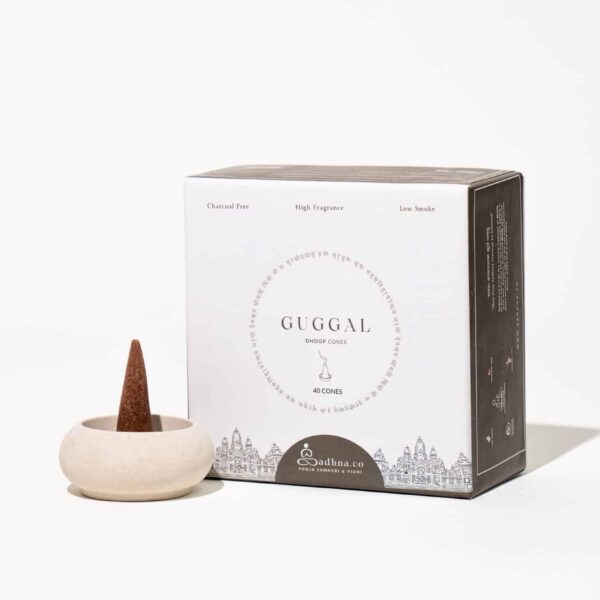The Sacred Herb of Spiritual Awakening
In the rich tapestry of Indian spirituality, Tulsi (Holy Basil) emerges as more than a mere plant—it is a living deity, a symbol of divine protection, and a powerful spiritual conduit. Known as the “Queen of Herbs” (Tulsi Rani), this sacred plant transcends botanical classification to become a profound spiritual symbol.
Divine Connections and Mythological Significance
According to Hindu mythology, Tulsi is considered a direct manifestation of the goddess Lakshmi. The sacred narrative describes Tulsi as a devoted consort of Lord Vishnu, transformed into a plant to symbolize eternal devotion and spiritual purity. In every Hindu household, the Tulsi plant is not just a botanical entity but a living goddess, worshipped and revered.
Spiritual and Healing Properties
- Meditative Enhancement
- Purifies spiritual energy
- Increases mental clarity
- Supports deeper meditation practices
- Energetic Protection
- Creates a protective spiritual shield
- Cleanses negative energies
- Promotes positive vibrations in living spaces
Ayurvedic and Holistic Healing
Beyond spiritual significance, Tulsi offers comprehensive healing:
- Boosts immune system
- Reduces stress and anxiety
- Supports respiratory health
- Enhances overall emotional and physical well-being
Ritual and Worship
In traditional spiritual practices, Tulsi incense serves multiple purposes:
- Ritual offerings during puja
- Space cleansing ceremonies
- Meditation and prayer support
- Connecting with divine energies
A Living Spiritual Tradition
From ancient temples to modern meditation spaces, Tulsi Rani continues to be a powerful reminder of spiritual connection, healing, and divine grace. Each breath of its fragrance is a prayer, each moment an opportunity for spiritual transformation.
In the sacred essence of Tulsi, we find not just a herb, but a pathway to divine communion.





